You are viewing ARCHIVED content published online before January 20, 2025. Please note that this content is NOT UPDATED, and links may not work. Additionally, any previously issued diversity, equity, inclusion or gender-related guidance on this webpage should be considered rescinded. For current information, visit https://www.blm.gov/blog.
Welcoming active minds and active bodies on public lands
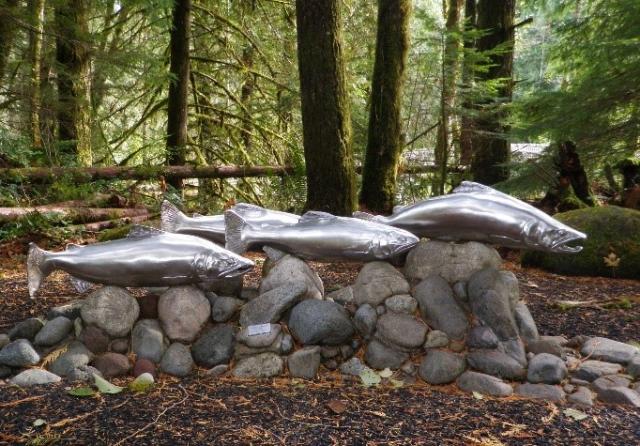
There's a new way to take a friend or family member with a developmental disability out on an adventure on BLM-managed public lands. The adventure involves working as a "secret agent" who explores their surroundings. BLM has Junior Ranger Missions across the country that are just waiting to be solved using the Agents of Discovery app.
Depending on differing abilities, the person can either navigate challenges on their own, or you can help by serving as Mission Control, guiding the player through each step. Missions are offered in English, Spanish, and French.
Most adventures are location-based, so they only work when you're onsite in one of 11 different states. However, BLM also offers two adventures that can be played anywhere–even from home!–the Wildlife and Habitats Mission and the Discover Dinosaur Mission. And they can feel pretty realistic.
"We even worked with paleontologists on the Discover Dinosaurs mission to ensure the accuracy of the dinosaurs," says Rachel Sowards, BLM Education Program Lead.
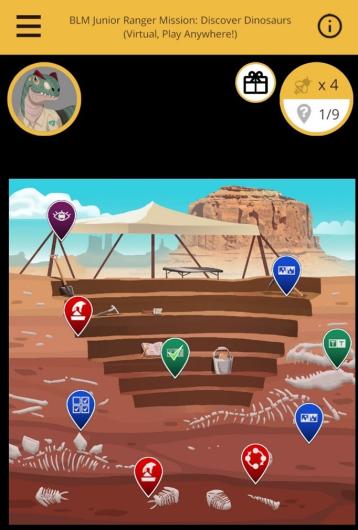
March is National Developmental Disabilities Awaremenss Month, and BLM is reminded of our responsibility to reach out and make activities and sites accessible to people of all abilities. President Ronald Reagan signed the awareness campaign into law nearly 40 years ago. This month raises awareness about including people with different developmental abilities in all aspects of community life and addresses the barriers they still face.
Developmental disability is a broad term that includes intellectual disability, learning disability, autism, cerebral palsy, and attention deficit hyperactivity disorter. These permanent conditions affect cognitive ability, physical functioning or both, and they may also involve impairments in language or behavior. According to the Centers for Disease Control and Prevention, this affects more than six million people in the United States, including one in six children.
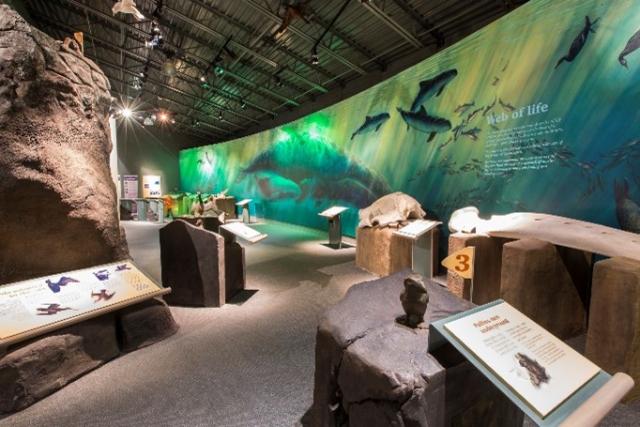
There is still work to be done, but the BLM has made some great progress. For example, the Yaquina Head Outstanding Natural Area on the Oregon coast has much to explore for people with developmental disabilities – watch an educational video, touch a bronze slug, or look at the exhibits in the Interpretive Center. Visitors who are able may want to walk down to Cobble Beach and see the anemones, sea stars, and other sea creatures in the tidepools. Did you know you can hear “rock music” at the beach? It’s the music from waves pulling rocks back and forth. Or, drive down to Quarry Cove and complete an Agents of Discovery mission.
Another place in Oregon to investigate is the Wildwood Recreation Site. Wheelchair-friendly trails provide visitors with unique views while they explore natural stream and wetland ecosystems. Look out over the wetlands on elevated boardwalk trails and peer down at the Wild and Scenic Salmon River while crossing over the footbridge. For a slower pace, look inside the creek at the underwater fish view chamber on the Cascade Streamwatch Trail.
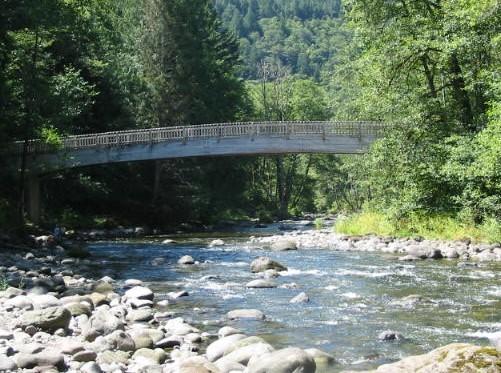
“We love watching visitors discover the coho salmon spawning right in front of them in the fall or the small sculpin feeding off the creek bottom year-round,” explained Mark Marshall, Supervisory Park Manager.
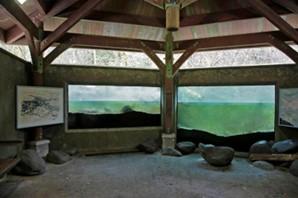
Visitors who prefer a tactile experience can enjoy the large salmon sculptures and plaques with 3D images of animals and their tracks, as well as the animal’s name in Braille. Colorful, interpretive signs about the area’s history, plants, and animals can be found throughout the site to further enhance your visit.
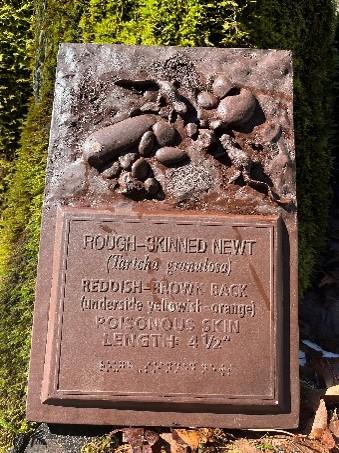
Using a bit of imagination and a sense of adventure, what will you explore next?
Cathy Humphrey, Project Manager, Experienced Services Program
Related Stories
- A Paw-powered Legacy
- Defending public lands: Combating invasive species in BLM Eastern States
- Valley of Fires Recreation Area completes three major improvements
- Wild horse and burro adoptions and sales climbed in Fiscal Year 2025, reducing long-term care costs
- Explore Arizona’s public lands on BLM-managed trails, OHV areas and more
